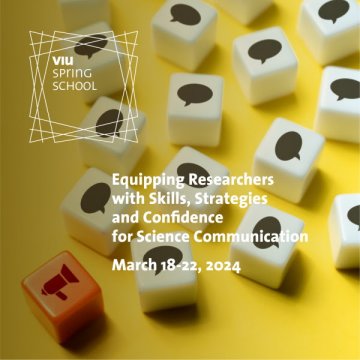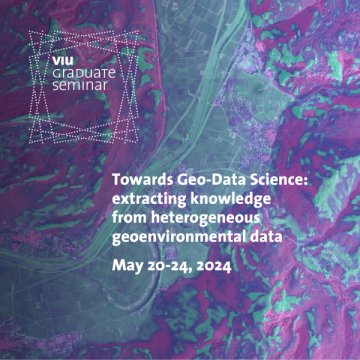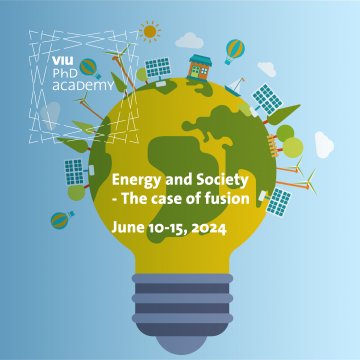
Venice International University is a consortium of 20 universities from all over the world, including University of Milano-Bicocca, with an autonomous campus on the island of San Servolo, Venice, Italy.
Equipping Researchers with Skills, Strategies and Confidence for Science Communication | Spring School 2024

Application deadline: January 15, 2024
Communicating research to public and policy audiences is becoming a key element of researchers’ work, but can be challenging when researchers lack the required skills and have little experience of engaging with audiences outside the academic arena.
The aim of the program is to equip researchers with key competencies and the confidence to communicate strategically using a wide range of tools and channels, as well as evaluating impact along the way. Indeed, science communication and public engagement are very important, especially since these activities are increasingly demanded by research funders and policymakers as a pathway towards societal impact of research.
The School is designed for researchers and graduate students from all research disciplines across Natural and Social sciences, Engineering and Humanities.
Towards Geo-Data Science | Graduate Seminar 2024

Application deadline: January 31, 2024
The adoption of Data Science in environmental and earth sciences, physical geography, humanities, and social sciences, has begun to emerge as self-contained discipline only recently, demonstrating exceptional efficiency in addressing the complexity of the investigated phenomena. This trend encourages contemporary scientists to collaborate with disciplines that may initially appear distant from their own expertise. Such an interdisciplinary openness is of growing significance as society struggles to respond to the implication of anthropogenic pressures on different issues, including natural hazards and climate change, or the harmful impacts of human activities on biodiversity, water and air quality, and human health. Therefore, there is a real need for the development of novel techniques that facilitate the extraction of insights from data and the subsequent transformation of this information into actionable knowledge.
In environmental and earth sciences, physical geography, humanities and social sciences, the use of Data Science procedures is proving to be extremely efficient to deal with the complexity of the investigated phenomena and the heterogeneity of the underlying data sources.
Suitable for: advanced Master, early PhD students and junior researchers in Earth/Environmental Sciences, Biology and Spatial ecology, Physical geography, and equivalent disciplines. Students in Architecture, Humanities, Planning and Arts related disciplines can also apply. The participants should have a good knowledge of mathematics and statistics; skills in geographical information systems and notions in R programming language are also required.
Energy and Society. The case of fusion

June 10-14, 2024
Call for Applications December 1, 2023 – February 29, 2024 via the VIU website
This Graduate Seminar will be led by:
- University of Bordeaux
- University of Padova
- University of Milano Bicocca
- University of Ljubljana
How to balance our energy needs with concerns for climate change, strategic dependence on a small number of fossil fuel suppliers and for energy poverty is one of the most profound and urgent challenges today.
As global economies move towards lower carbon energy futures, there is emphasis on developing new technologies. But the challenge of transitioning to a more sustainable, resilient, and equitable energy future is not just a technical one. It also requires to address collectively questions on how to create a better energy future for us all.
This calls for connecting scientific developments with social, economic, cultural and ethical considerations. Finding the routes to a sustainable energy future is therefore a multi-disciplinary task, where synergy among science, humanities, economics and social sciences are essential.
These connections are not often addressed in the training of the future players in the energy arena, like scientists, engineers, economists, environmental scientists, sociologists, political scientists, diplomats, journalists, communicators.
This course aims at providing fellows from various disciplines with a training opportunity, which merges science with society and delivers a grand view on the future of energy.
This project connects conversations about development of energy technology, with conversations about wider ethical implications of energy that consider its social, environmental, and geopolitical impacts.
We will use as a case study controlled thermonuclear fusion.